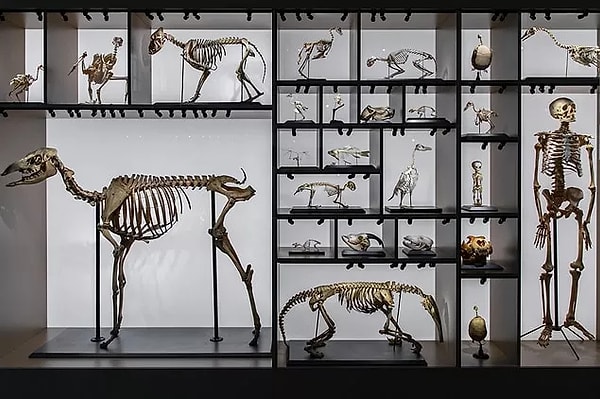While we were migrating around the world, engaged in agriculture and visiting the Moon, chimpanzees, our closest living relatives, stayed in the trees, ate fruit there and hunted monkeys.
Modern chimpanzees have been around longer than modern humans. But we have been on different evolutionary paths for 6 million years. If we think of chimpanzees as our cousins, our last common ancestor is like a great-great-grandmother with only two living grandchildren. But why did one of his evolutionary offspring go on to achieve so much more than the other? Why haven't others evolved as well?




